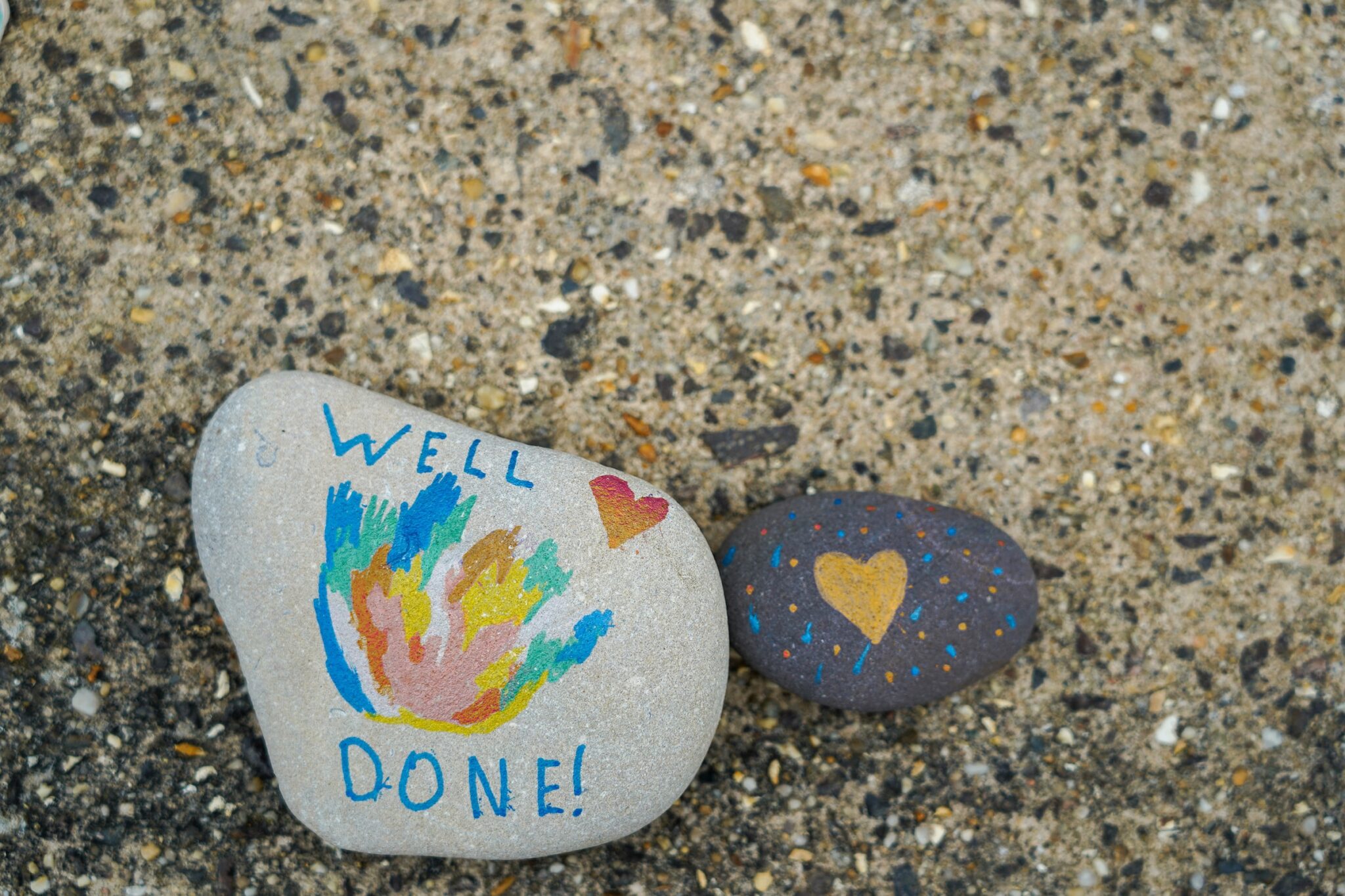
Full Credit
June 7, 2023
‘T’ Stands for Tell the Truth
June 21, 2023I first published this series in 2021 and it is time for an update. I want to refresh these posts and I am at an age where stuff happens, so it is good for me to review these principles myself.
I am fascinated by resilience. Not because I have it all figured out but because it is an endless process. This is the first is a series of seven posts in which I explore how to move forward when your journey is difficult. This post is an introduction, and the following posts will go in depth into each of the TRUDGE principles.
Your resilience is impacted by your personality traits and your skill sets. As a human being you are hard wired to be resilient. Each person is unique with personality traits that influence your style of resilience. To this mix you add your skill sets. These are the things you actually do when faced with a hard time. Think of personality traits like the framework of your home. Changes can be made but it is a major process which takes time and energy. Skills are more like your furniture. If that dresser isn’t working for you, it is possible to get a new one and stick the old one in the basement for occasional use.
By increasing awareness of your strengths and making deliberate efforts you can become more resilient. Ironically, one way to become more resilient is to go through hard times. (Not that we have to go looking for opportunities.) Hard times upset our ‘normal’ and force us to make changes.
Bounce vs Trudge
Resilience is both the ability to overcome a setback and the ability to continue to function well through difficult times. I refer to these as the bounce and the trudge.
Bounce tends to be more obvious and shorter lived. It often has a clear precipitating factor. One “bounces back” from a fender bender, sprained ankle, or other short-term situation assuming you have the resources to manage. Not to say this is easy, but it often feels less confusing.
Trudge is about staying resilient during a longer process. Sometimes what might seem to be a Bounce turns into a trudge due to a lack of resources (both internal and external). How do we continue to move forward during difficult times? T.R.U.D.G.E. on:
T ell the truth (to yourself at least).
This is hard. The end is not in sight, in fact you may not be sure what you want the end to be. Write in a journal, talk to a professional, check in with a few trusted friends. Clarify the truth about your difficulties, your needs, and your process.
R emember you are not alone.
Someone else has/is going through a very similar journey. Connect, reach out, ask for help and suggestions. Engage in a spiritual practice. Read stories of others who have gone through hard times.
U npack your history.
Your own experiences are a resource for you. What did you love/hate at a different age or time in your life? How can you build more/less of that into your next step? Are past events triggering how you feel about what is going on right now? You use the coping skills you have, which you learned throughout your journey. Are they helpful now?
D ecide which way you want the fear/excitement switch to point.
The part of your brain that processes emotion looks the same in brain scans whether you are afraid or excited. The physiology is the same; the way you think about it is different. Your expectations influence which side of the fear/excitement switch you experience.
G o one step at a time.
Once basic safety and day-to-day needs are met, take a break. This is not the time to blaze out or keep yourself busy with frantic activity. Consider your next step(s). Pace yourself. Be patient with the process.
E nergize yourself for the long run.
Literally take care of your body as if you were preparing for a marathon. Eat healthy, exercise, breathe, stretch, hydrate, floss. Your body and brain are not two separate systems; better health supports emotion processing and reasoning.
Times of difficulty allow us to stretch and grow, which is often uncomfortable and inconvenient. Old habits, ways of being, and even relationships may need to be discarded or drastically altered. New ideas and opportunities are just over the rise. Join me over the next several weeks as we T.R.U.D.G.E. forward with ideas for managing life’s challenges.
P.S. – If you have a friend who is dealing with a situation be sure to share this post with them. If you are that friend and would like to get each post delivered to you weekly join our community here.
Peace,
Laura A. Gaines
Explore learnmodelteach.com to learn about our course, Shrinking Anxiety to Grow Resilience.





